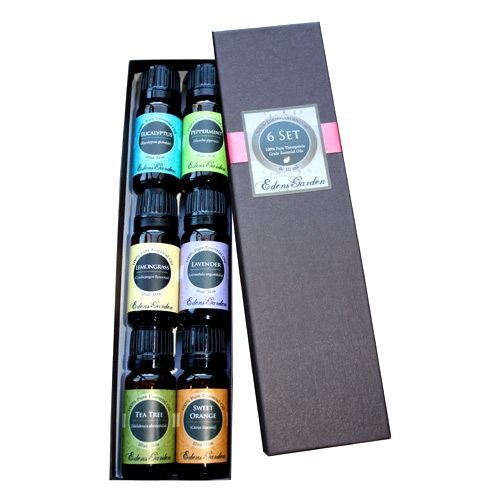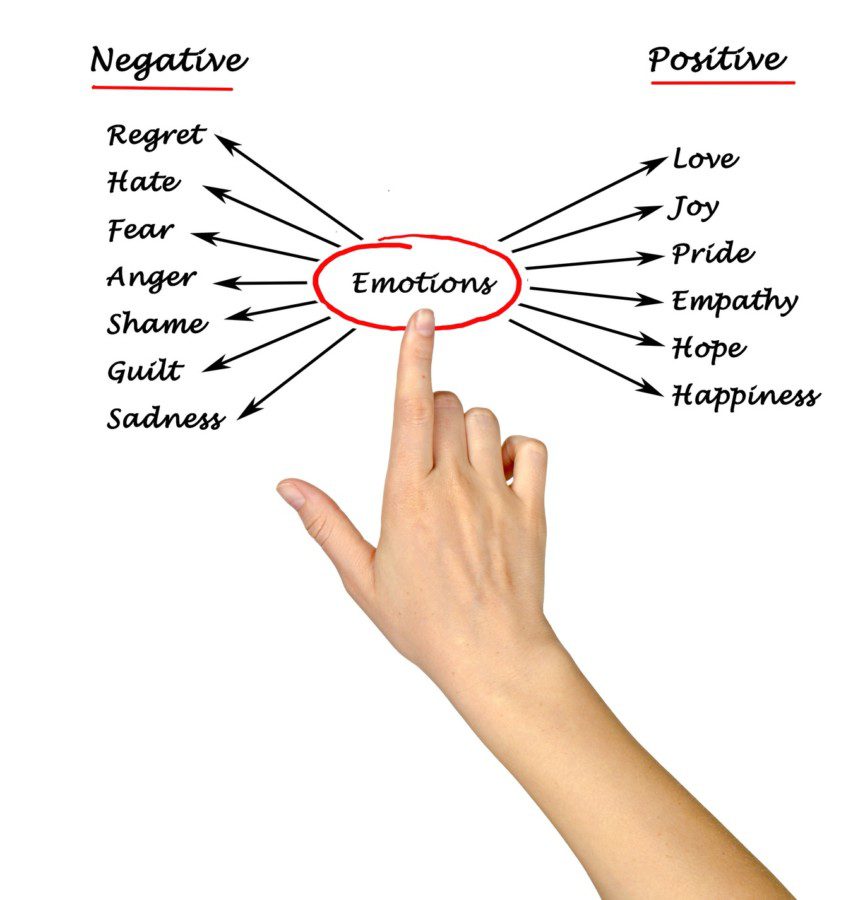No matter how many times you have been hurt in the past, you probably still wonder when your next boyfriend or girlfriend will walk into your life. Why? Well, humans were born to love. We were born to connect with others and share a deep emotional and physical bond. Love can hurt, but it also is crucial for our well-being.
Studies have proven that love releases feel-good hormones, eases depression symptoms, increases your lifespan, reduces anxiety and stress, and much more.
After a few failed relationships, though, you might feel like throwing in the towel on love. Don’t worry; many people feel this way after just leaving a serious relationship, but if you’re looking to leave the past behind and give love another try, these tips can help.
Here are six ways to open your heart to love again:
1. Let go of past heartache.
As they say, you can’t get to the future if you remain fixated on the past, so release any feelings of resentment or pain and realize that you had to go through those experiences to evolve and learn. Simply ask the universe for help in moving on from the relationships that have caused you grief and accept the past for what it is: necessary stepping stones on your path to enlightenment and self-development.
Also, remember that only you can decide how you feel; others have power over your emotions only if you let them. Of course, everyone needs time to recuperate after a serious relationship emotionally, but just allow those feelings to move through you without judgment, and move on. Just try to enjoy living in the moment instead of ruminating on the past; after all, this moment is all we truly have.
2. Forgive others who have hurt you.
“When you hold resentment toward another, you are bound to that person or condition by an emotional link that is stronger than steel. Forgiveness is the only way to dissolve that link and get free.” – Katherine Ponder
Remember that holding a grudge is like injecting yourself with poison over and over again and expecting the other person to suffer. Resentment only affects the person who feels it, and it will hold a dark cloud over your head until you resolve those feelings.
Part of letting go of the past is forgiving those who have caused you pain, so either in person, in writing, or just in your head, offer your forgiveness to those people. Thank them for what you learned during your relationship, and wish them the best in their future. Then, you can finally free yourself from those emotional chains and truly open your heart to love again.
3. Don’t have any expectations going into future relationships.
Life hardly ever goes as expected, so having any anticipations about how it will unfold can lead to huge disappointments later on. No relationship will ever offer perfection, so don’t go into relationships with preconceived ideas about how your partner will react to a certain situation or how long the relationship will last. You can never entirely predict anything, from people to the weather, to what your life will be like even 5 minutes from now.
Just enjoy the ride and take life as it comes rather than wishing or demanding certain situations from life; remember, the universe will always give you what you need, even if that differs from what you want at the time.
4. Focus on loving yourself first, and you will attract others of the same vibration.
The actual first step to attracting someone who will love you is to cultivate that feeling within yourself. How can you expect others to love you if you don’t even feel that way toward yourself? We all give off a certain vibration, and others either become attracted or repelled to that energy based on their own frequency.
So, to attract those with a higher, more loving vibration, you must give off that energy yourself. You attract what you are, so keep this in mind when you feel ready to open yourself to love once again.
5. Don’t compare everyone you meet to your exes.
When you do meet a potential partner, you might feel inclined to figuratively put them beside your ex and compare every aspect of them to one another. However, this will only lead you to either harbor bitterness about your past relationship or believe that no one can ever offer you what your ex did. Both of these ways of thinking will only lead to despair, so save yourself from the unnecessary heartache by avoiding comparison altogether.
Every person offers something unique and valuable to the world, so just accept people as they are without needing to size them up and critique every part of them. Your ex will probably have traits you desire in a future partner, but instead of fixating on that, just focus on the possibilities that the future holds. Based on your vibration, you will eventually find your way to someone who deserves you.
6. Choose to see the positive aspects of people instead of putting all your attention on the negative.
One surefire way to close yourself off to love is to believe that everyone has bad intentions with you; remember, hate and negativity contract, while love and positivity expand. After a rough breakup, you will probably go through a phase of anger toward the person, which could lead you to see the worst in everyone you know and meet. However, try to remember that other people carry their own vibration and have a personality completely different from your ex’s.
Just because you had one bad relationship, doesn’t mean that this will repeat infinitely into the future.
Smile and focus on the beauty present in all human beings, and you will attract more people set on seeing the best in their fellow man and woman, as well.










